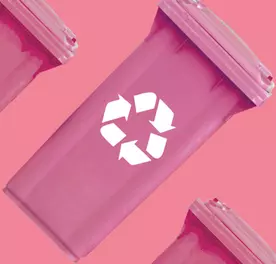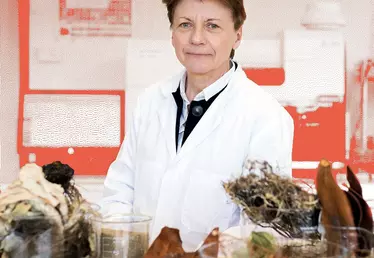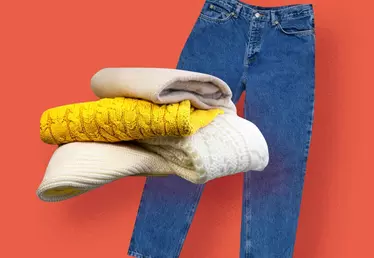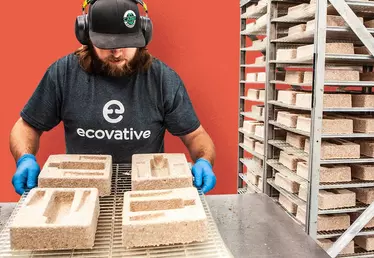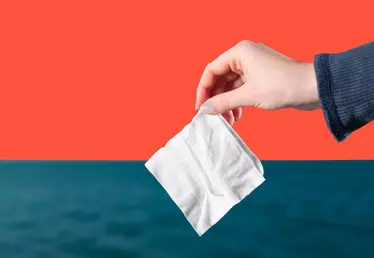

Hero banner custom title
Glass bottles: the return of deposits
3 min
Who remembers when we used to take our glass bottles back to the store in return for a few cents? Both fun and responsible, deposits on bottles are back in fashion. The proof.
Although Germans are still used to the glass bottle deposit system, in France anyone under the age of twenty has never heard of it: the practice pretty much stuttered to a halt in the 1980s. However, various local initiatives are reviving it to satisfy consumers who are more aware of the importance of consuming responsibly: the zero waste challenge, the popularity of buying loose products and short distribution channels have all contributed to the comeback of deposits. "No one is risking launching a large-scale pilot project nationwide. But locally, it's trending and that's where it will work," said Gérard Bellet to Le Monde in May 2019. This former financial controller turned to the circular economy in 2013 to found Jean Bouteille, a turnkey solution for stores that want to sell liquids loose.
As well as supplying loose oil, vinegar, wine, liquid detergent, and specialized equipment, the company offers returnable containers: empty bottles that are purchased on the first visit to the store and can be reused more than 20 times, reducing the waste generated by 90%. If customers no longer use them, they can take them back and the store will pay €1. Returned bottles are washed and then put back into circulation.
The Jean Bouteille company was founded in Lille and today has 21 employees and 600 participating stores in France - as well as in the Netherlands, Belgium and Germany.
Sympathy capital
But the success of returnable bottles is not just a local curiosity. Fun and somewhat nostalgic, it is popular everywhere: according to a study carried out by ADEME in 2018, 88% of French consumers are in favor.J’aime mes bouteilles in the Jura, Ma bouteille s’appelle reviens in the Drôme, Bout’ à Bout’ in the Pays de la Loire, RECONCIL in Paris, La Consignerie in Lille… All over the place, local initiatives are linking small local brewers with increasingly discerning and demanding consumers.
It must be said that reusing bottles has it all: compared to recycling glass - which is very energy-intensive because the bottles have to be melted at 1,500°C for many hours - it saves up to 75% of energy.
With around 50 filling cycles, it not only satisfies waste reduction principles, but also represents a real saving for the manufacturer - a few cents per reused bottle compared to a brand new bottle.With their more wash-resistant bottles and water-soluble labels, deposit aficionados are brightening up the order books of long-ignored industrial washers.


